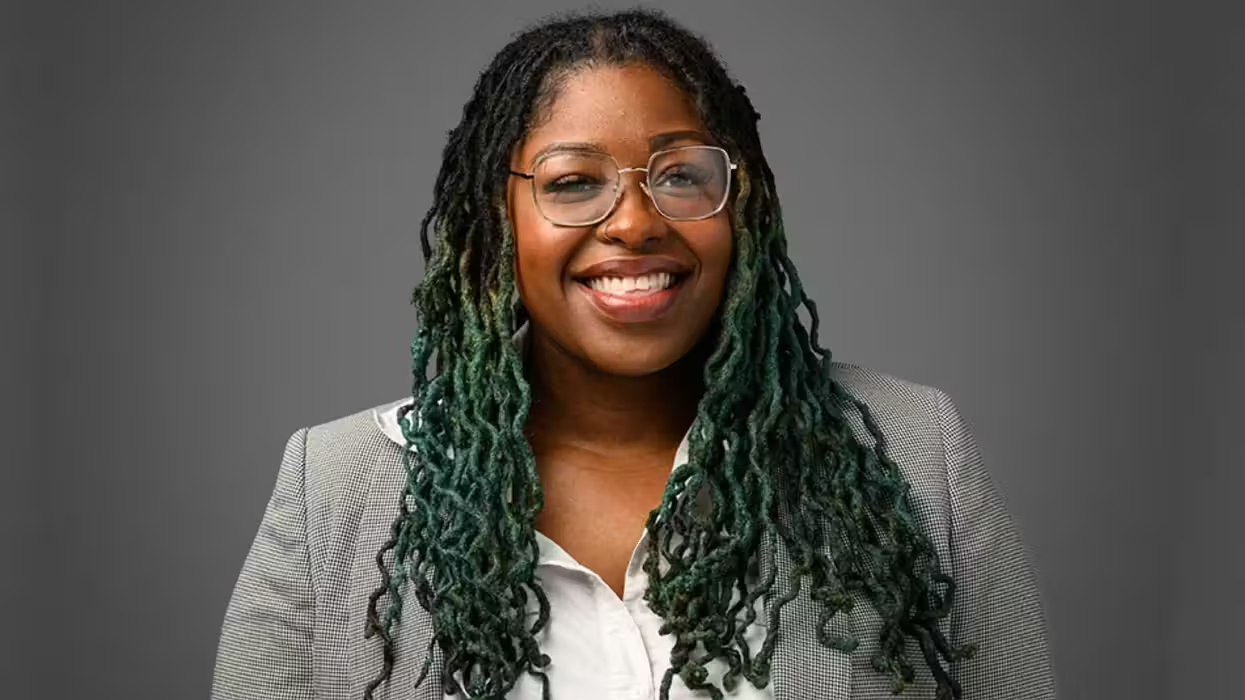
© 2026 Blaze Media LLC. All rights reserved.

What happens to old chickens when they're no longer producing eggs? This is neither a why-did-the-chicken-cross-the-road type joke, nor does it have the obvious answer you may be thinking, which involves a pot inside an oven. Some cities have been increasingly been allowing residents to keep "urban chickens" in their backyard with special permits, but some owners say they have trouble deciding what to do with the chicken when they're past the age of productivity.
The New York Times reports some chicken owners have formed rather close relationships with their feathered friends, so killing and cooking them is not an option. A "budding phenomenon" for chickens in their golden years is what the Times calls "urban chicken retirement." This is essentially sending the senior citizen chickens to a sanctuary.
In Portland, Ore., Pete Porath helps with the transition of these birds, calling himself a "half-way house for chickens":
Mr. Porath, who brokers chicks to feed stores and other buyers from his five-acre farm in Estacada, first began finding new homes for birds as a free service to smooth bad feelings about misdelivered roosters. Now he “rehomes” 1,000 to 2,000 birds a year, most belonging to a unique subset he dubs “the Portland birds.”“We have rehomed all kinds of stuff. Ducks, chickens, peacocks, turkey, quail, guineas,” he said. “Birds that we rehome out of the city, we have a policy that we don’t eat them.” He says the rule stems from an oft-expressed desire by former owners that the birds spend their golden years on a farm.

Wayne Geiger told the Times that changing some legislation for those who keep chickens in their back yard could help owners maintain the older, less productive birds while stil bringing in younger egg layers. There are about 525 people with chicken permits in the urban Portland area but the rules say they can only maintain three chickens, no matter what their age. Chickens can live up to 10 years old.
The Times has more insight from attached owners on why they can't just kill the chickens:
“They have personalities,” [Russ Finley] explained. “And they each have different ways of interacting with you, and they make different sounds.”Mr. Finley said the five birds he now owns are a home-based food source that complements a vegetable garden. But they are also pets, he said, part of a family that includes his partner, Ray Frye, two dogs and two cats.
“We name them and we hold them,” he said. “I know it sounds kind of crazy, but we kiss them.”
The couple also buy toys for their chicks, and enjoy watching the older birds jump for Cheerios and chase one another around the yard.

For now, Portlanders who don't want to kills their senior birds while waiting for a change in permitting rules, can retire them on sanctuaries like Porath's.
Karen Wolfgang of Independence Gardens told the Times people owning chickens should plan ahead to be prepared for the unproductive years of their egg laying chickens.
Check out the whole of the New York Times' slideshow of the urban chicken retirement here.
Want to leave a tip?
We answer to you. Help keep our content free of advertisers and big tech censorship by leaving a tip today.
Want to join the conversation?
Already a subscriber?
more stories
Sign up for the Blaze newsletter
By signing up, you agree to our Privacy Policy and Terms of Use, and agree to receive content that may sometimes include advertisements. You may opt out at any time.
Related Content
© 2026 Blaze Media LLC. All rights reserved.
Get the stories that matter most delivered directly to your inbox.
By signing up, you agree to our Privacy Policy and Terms of Use, and agree to receive content that may sometimes include advertisements. You may opt out at any time.






